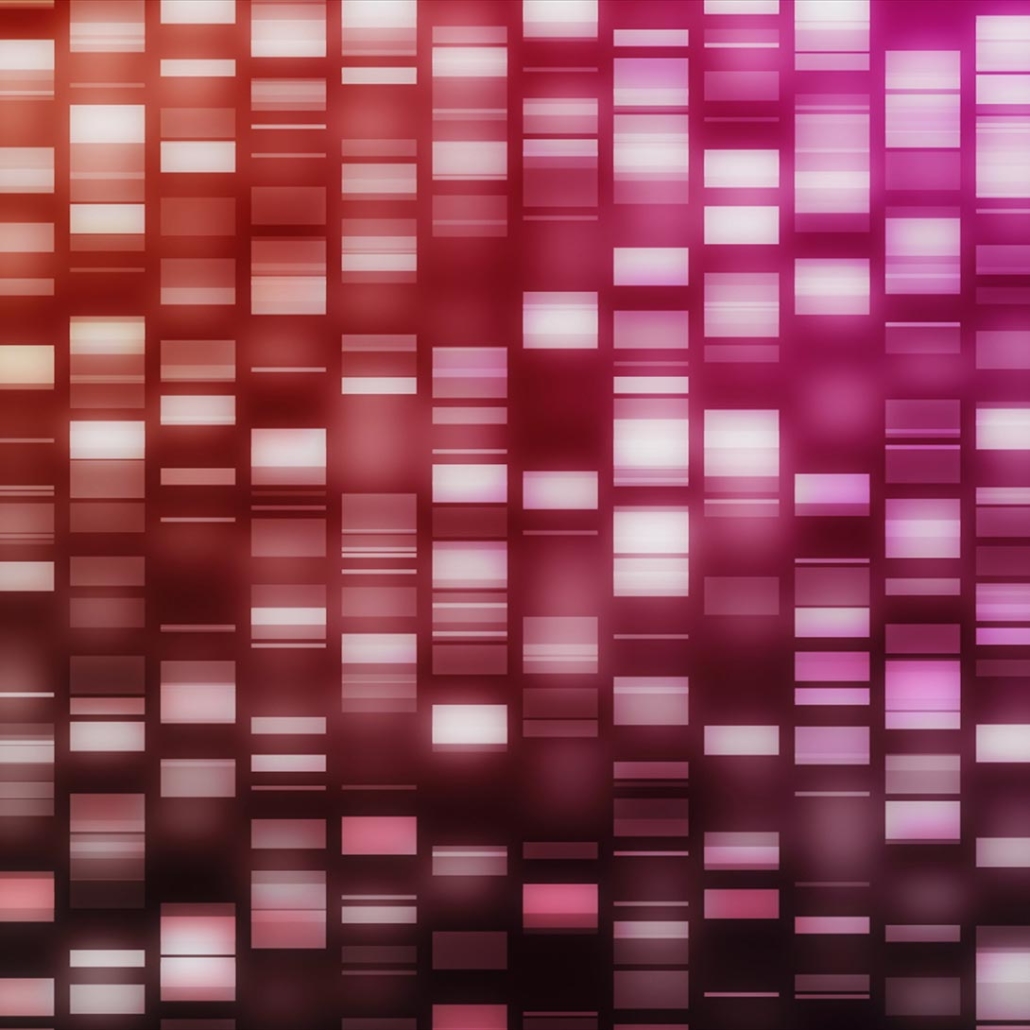“De-Victimize” Yourself – A Path to Health
We’ve become a nation of victims – whether it be victims of the economy, victims of our government, or victims of disease and an unhealthy state. And with 50% of the US population diagnosed with chronic conditions, that makes for a great deal of misunderstanding of the sources of these conditions and feelings of victimization. So, what can we do to “de-victimize” ourselves and place ourselves on a path back to health?
The first, and hardest thing for most people to conceptualize is that we must take responsibility of everything that happens to us – including our health and the diseases that afflict us. So many motivational speakers, life-coaches, and personal development experts preach this simple point: You are responsible for everything that happens in your life – Don’t blame, complain, or criticize. And while this is often times easier to apply to money, careers, and relationships, it is more difficult for most to relate this point to health, especially when talking about sensitive and life-threatining conditions like cancer and degenerative conditions. But this is critical to get over – you are not blaming yourself for your health conditions, you are simply taking responsibility and understand that you have the power to change your circumstance. This may go against many beliefs and what some medical professionals will tell you, most commonly that genes are the reason you have a specific disease and there is nothing you can do about it. But we now know this not to be true; and while genes are an indicator of our predispositions to certain afflictions or diseases, they are not the ultimate determinant of our health. As a Harvard Health article entitled “Genes Are Not Destiny” illustrates (in terms of obesity), some genes can increase a person’s risk of disease, but our genetic makeup does not explain everything about disease, and healthy lifestyles can counteract these genetic effects.

“We are not victims of our genes, but masters of our fates, able to create lives overflowing with peace, happiness, and love.”
Bruce Lipton
Author of “Biology of Belief“
Let’s Talk Epigenetics
People get excited over the ever evolving genetic research coming out as well as genetic testing, but there’s another side of the story we should really be looking at: epigenetics. Simply put, epigenetics involves genetic control by factors other than an individual’s DNA sequence. This means that your environment and lifestyle can either turn on or off certain genes. It’s also the main reason we need to stop blaming our genes for the chronic conditions we acquire. Not saying that your genes will not predispose you to certain ailments, but that does not mean you will actually become sick. And the research behind epigenetics is showing us why.
Here’s an excerpt from an article entitled “Epigenetics: The Science of Change“:
“Other studies have found that epigenetic effects occur not just in the womb, but over the full course of a human life span. Manel Esteller, director of the Cancer Epigenetics Laboratory at the Spanish National Cancer Center in Madrid, and his colleagues evaluated 40 pairs of identical twins, ranging in age from 3 to 74, and found a striking trend, described in the 26 July 2005 issue of Proceedings of the National Academy of Sciences. Younger twin pairs and those who shared similar lifestyles and spent more years together had very similar DNA methylation and histone acetylation patterns. But older twins, especially those who had different lifestyles and had spent fewer years of their lives together, had much different patterns in many different tissues, such as lymphocytes, epithelial mouth cells, intra-abdominal fat, and selected muscles.”
Later on in the same article, the author goes on to write, “Epigenetics, says cancer biologist Jean-Pierre Issa of The University of Texas M.D. Anderson Cancer Center, could prove more important than genetics for understanding environmental causes of disease. “Cancer, atherosclerosis, Alzheimer’s disease [are all] acquired diseases where the environment very likely plays an important role,” he points out. “And there’s much more potential for the epigenome to be affected … than the genome itself. It’s just more fluid and more easy to be the culprit.”
We have to stop playing victims to our genes and understand that everyone of our actions has an impact on our lives and health. We have the power to take actions and steps to mitigate our genetic predispositions, and it should be our duty to seek out the best options to make sure we live long and healthy lives. This may be hard to grasp at first, but when you realize you are responsible for your current state of health, it empowers you with the realization that you can also change your current state of health for the better.

A better understanding of why you are where you are:
It’s often very difficult to understand how we became unhealthy when we can’t pinpoint what lead us to an unhealthy and diseased state. The truth is often much more complex than finding a single source of dysfunction, and often is a culmination of numerous different and compounding factors. Here are a few of the more common and misunderstood factors of disease:
- Lifestyle – I won’t even go into the benefits of exercise as this is quite obvious that a healthy body is an active body, but this is more focused on the stress so many of us live with and don’t realize has an incredible detrimental effect on our health. Some quick fixes include medication, breathing exercises, and disconnecting from our hectic and often stressful jobs and situations to practice mindfulness and gratefulness for everything we have in our lives.
- Diet – People often feel they have this one in the bag, when in reality what they are eating may be the lead cause of their distress. Low-fat and diet type foods and drinks make people think they are eating healthy, but that couldn’t be further from the truth. In reality, these types of foods are littered with chemicals that are known to have serious negative effects and can act as neurotoxins and carcinogens to the body. Eat natural, eat clean, eat in moderation. Learn and read, and don’t fall trap to the ads that make you think eating a heavily processed sandwich from Subway is healthy.
- Emotions – Our emotions have a direct impact on our physical being. Don’t believe me? Grab the biochemical markers of a severely depressed individual or one with emotional distress. Keeping track of your emotions and staying in a positive state is critical to living a truly healthy and balanced life.
- Spirituality – People today mixup religion and spirituality, and believe a scientific and rational mind cannot believe in such things. Spirituality goes beyond religion, and todays neuroscientists are showing how spiritual brains function in a beneficial manner. Spirituality is also beyond a secular belief in a God, and is more so related to human consciousness, purpose in life, and living in resonance with all there is in this Universe.
“When we blame, we give up power; it’s as simple as that – take power back & be responsible for everything that happens to you”
